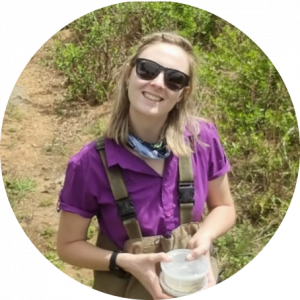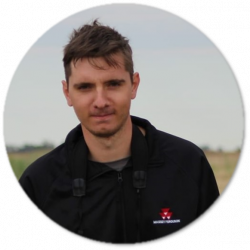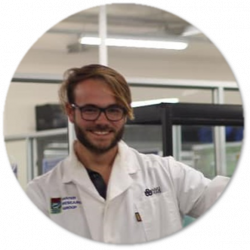Dr Chinemerem Ohoro
Email address: 49889648@mynwu.ac.za |
Field of expertise: Environmental/Analytical Chemistry, Ecotoxicology, Risk assessment, Organic pollutants, Emerging contaminants, Aquatic ecotoxicology Overview: Dr Chinemerem Ohoro completed her Ph.D. at the University of Fort Hare in 2021, where she investigated organic pollutants in both water and sediment in four major River estuaries in Eastern Cape Province, South Africa. She is currently a Postdoctoral Research Fellow at the UNISA after she completed her Postdoctoral Fellowship at the WRG. Her research interest, aquatic ecotoxicology focuses on investigating contaminants of emerging concern in biotic and abiotic, and evaluating their risk and effects of their concentration in biotic lives. Previous research experience: Chinemerem has experience lecturing in both the Nursing Science and Chemistry Department at the University of Fort Hare, South Africa where she obtained her Ph.D. |
|
Field of expertise: Climate change, Anthropogenic pressure, Aquatic freshwater macroinvertebrates, Aquatic freshwater ecology Overview: Lizaan is a self-motivated, driven aquatic ecologist. She was a dual Postdoctoral Research Fellow at North-West University and NRF-SAIAB. Her research primarily looks at the effects of climate change, anthropogenic (human) pressures and natural phenomena such as droughts and floods on freshwater ecosystems. When she isn’t in the field getting her hands on aquatic critters, Lizaan is working as the lead investigator of a multidisciplinary research project assessing the current and future potential effects of climate change on bilharzia in South Africa and the perceptions of people around the topic. She is also part of a multi-institutional collaborative project looking into the conservation status of aquatic animals in South Africa. Previous research experience: Dr Lizaan completed her B.Sc. Zoology and Human Physiology, B.Sc. (Honours) and M.Sc. in Aquatic Health degrees at the University of Johannesburg (2009-2015), then continued her research career at the North-West University where she completed her Ph.D. in Environmental Sciences on the biodiversity and ecological structures of an African subtropical river and associated floodplain pans. |
Dr Lizaan de Necker
Email address: lizaan.denecker@gmail.com |
Rudolf Gouws
Email address: Rudolfgouws09@gmail.com |
Field of expertise: Fish parasite conservation of three endemic rock catfishes (Austroglanis) from South Africa. Overview: Rudolf obtained his undergraduate B.Sc. degree in 2020 with majors in Zoology and Tourism. He finished his Honours degree in Aquatic Ecosystem Health where he became part of the WRG. His Master's project focused on the biodiversity and systematics of the parasites of endemic fish from South Africa’s Cape Floristic Region. Previous research experience: Biodiversity and systematics of fish parasitic isopods infecting sharks from South Africa. |
|
Field of expertise: Toxicokinetics and biodistribution of nano-scaled copper and gold in the African sharptooth catfish (Clarias gariepinus). Overview: Armagh completed his Master’s degree at the NWU Potchefstroom Campus. In 2018 he obtained his BSc degree in physiology and microbiology. He finished his B.Sc. (Honours) degree in aquatic ecosystem health. His MSc project focused on ENM kinetics in fish, with a focus on PBPK modelling as a computational tool to assess the absorption, distribution, metabolism, and excretion of ENMs and metals in fish. The model can be used to accurately predict and assess various exposure scenarios. Previous research experience: Bioaccumulation kinetics and the subsequent behavioural responses of Oreochromis mossambicus using nanogold. |
Armagh Cook
Email address: armaghcook3@gmail.com |
|
Dr. Kyle J McHugh
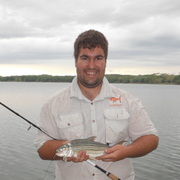 Currently working for QuintilesIMS
|
Kyle graduated from the Water Research Group in 2015. Currently working for QuintilesIMS in the Clinical Operations Department for Infectious diseases. His current projects are on Ebola in Mali and Senegal as well as on a TB vaccine which in the human trial phase of development. He is finalising papers from his PhD after which he will be seeking more collaborating opportunities. |
|
Dr. Wihan Pheiffer
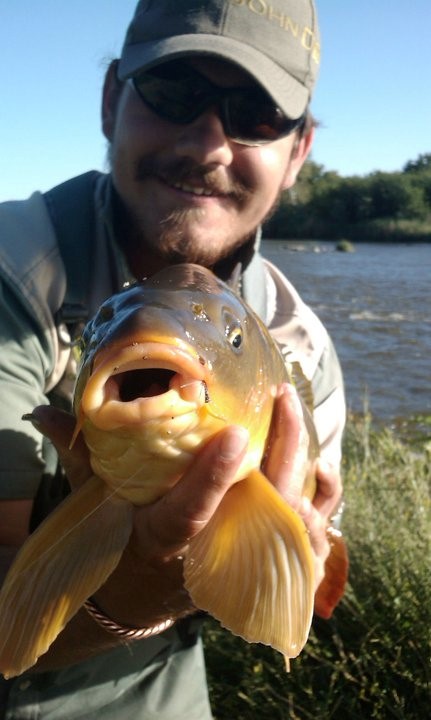 Currently senior lecturer at the DST/NWU Preclinical Drug Development Platform (PCDDP)
|
Wihan graduated from the Water Research Group in 2016. Wihan Pheiffer was a PhD student at the NWU’s Unit for Environmental Sciences and Management and Water Research Group (WRG). After his postdoctoral studies at Pharmaceutical toxicology, he was appointed as a senior lecturer at the DST/NWU Preclinical Drug Development Platform (PCDDP). At the PCDDP, they conduct various preclinical studies of new products that are being developed, focusing on closing the gap between pharmaceutical and phytochemical R&D, among others. He began his PhD in 2013, under the supervision of Prof Rialet Pieters and Prof Nico Smit. The aim of his study was to investigate the potential exposure of humans and wildlife to the 16 priority polycyclic aromatic hydrocarbons (PAHs) in the Klip River that flows through the densely populated Soweto and Lenasia. The study included the assessment of the PAH levels in the environment and their different toxic effects in the sediments and fish. For the postdoc he investigated potential toxicity of pharmaceutical excipients to human skin using an immortalised keratinocyte tissue culture.
|
|
Uané Pretorius
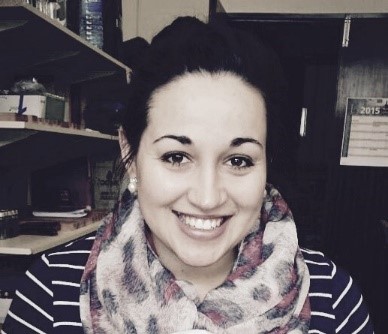 Currently an Environmental Scientist at Exigo3 Sustainability
|
Uané graduated from the Water Research Group in 2016. Uané Pretorius was a Master's student at the Unit for Environmental Sciences and Management and a member of the Water Research Group at the North-West University, Potchefstroom Campus. She enrolled for her undergraduate degree in Zoology and Microbiology in 2011 and completed the degree in 2013. Under the supervision of Professors Corrie Wolmarans, Victor Wepener and Kenné de Kock, she completed her Honours project in November 2014. The project entailed a baseline study of the aquatic macroinvertebrate diversity and selected physico-chemical parameters of the Mooi River and Wonderfontein Spruit, North-West Province, which also formed the basis of her Master's project, which she completed in 2016. |
|
Elané Lubbe
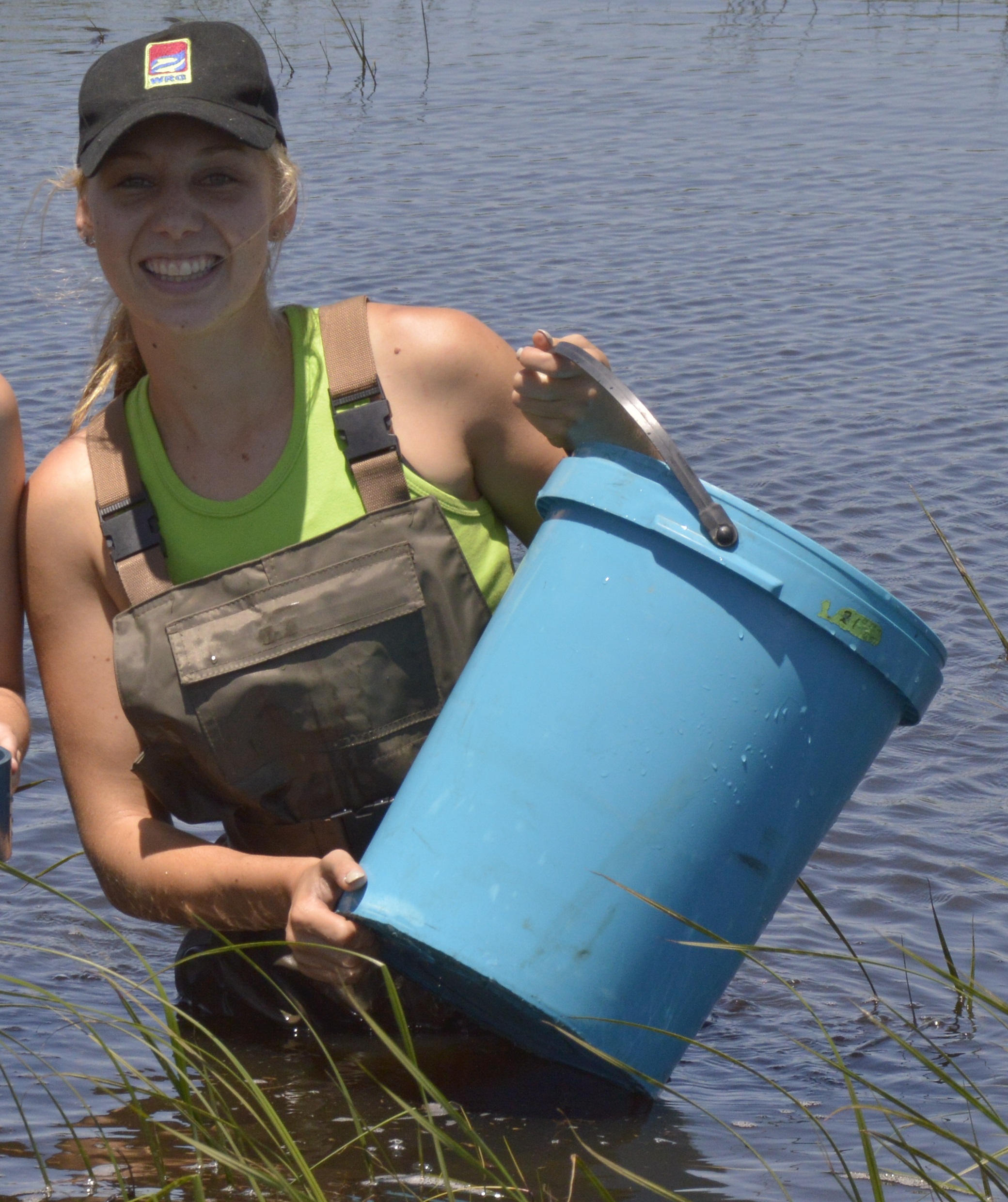 Environmental Scientist at Exigo3 Sustainability
|
Elané graduated from the Water Research Group in 2017. Elané Lubbe was a postgraduate student part of the Water Research Group of the North-West University, Potchefstroom Campus. She completed her degree in Zoology and Microbiology and continued her passion with an Honour’s degree in Environmental Sciences. She did her Master’s degree in Environmental Science, specifically ecosystem health of wetlands. |
|
Jacques Beukes
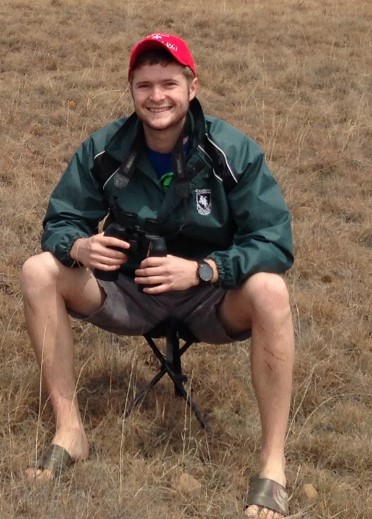 Teacher at Sasolburg High School
|
Jacques graduated from the Water Research Group in 2017. Jacques is currently a teacher at Sasolburg High School in Sasolburg/FS.
He was a Master’s student at the Water Research Group until 2017, under the supervision of Dr. Wynand Malherbe and Prof Nico Smit. He completed his degree in the year 2013 in B.Sc Zoology and Geography and his Honours in 2014 at NWU Potchefstroom. Jacques’ Master’s studies included the health assessment of fishes form coastal lakes on the east coast of South Africa, focusing more on the Kosi Bay system.
|
|
Elizmarie Bester
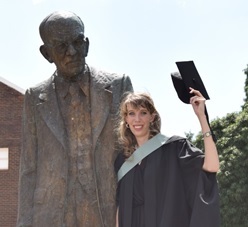 English Teacher in Taiwan
|
Elizmarie was a M.Sc. student with Dr. Wynand Malherbe as her supervisor and Prof. Victor Wepener as her co-supervisor.
She is currently a teacher at Greenland English School in Chungli, Taiwan.
She has a great love for the environment and wish to see it protected and conserved. Her project allowed her to gain insight and experience into the protection of the environment. The aims of her master's project were to establish the community structure as well as the distribution of aquatic macroinvertebrates found at the Ntsikeni Nature Reserve. As part of field surveys sediment, water quality samples, macroinvertebrates and zooplankton were collected and analysed. In so doing they provided further insight and knowledge to the current status of Ramsar Wetlands in South Africa.
|
|
Serita van der Wal
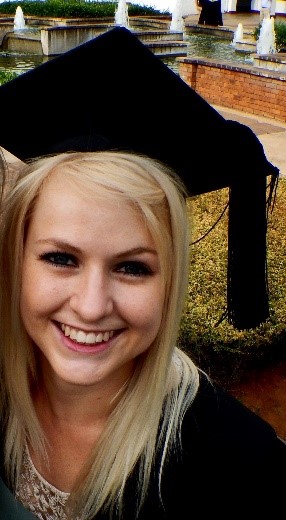 PhD candidate in Germany
|
Serita van der Wal graduated from the Water Research Group in 2017. She was a M.Sc. student with the Water Research Group. Her research project involved the biodiversity, systematics and ecology of branchial cavity inhabiting, marine fish parasitic isopod genera: Elthusa Schiöedte & Meinert, 1884, Norileca Bruce, 1990 and Mothocya Hope, 1851 (Famliy: Cymothoidae) from southern Africa. She is currently pursuing her PhD degree at the Ludwig Maximilian University of Munich, in Germany, with the financial aid of a DAAD Doctoral Programme Research Grant. Her project at the Graduate School of Life Sciences is titled: “Approaching the evolution of parasitism in a historical context: isopod crustaceans as an example”. It is important to understand the evolution and development of parasitism in order to answer questions regarding the effects that they have on their hosts. As one of the largest orders within the crustacean subphylum, the isopods are considered to be the most morphologically diverse and species rich order of crustaceans. Their relatively large size, accessibility and lifestyle make parasitic isopods the perfect experimental group. The aim of her project is to reconstruct the evolutionary history of parasitic isopods modern day forms as well as fossil material. |
|
Dr. Kaajial Dugrapersad
 Environmental Scientist at Eskom
|
Kaajial graduated from the Water Research Group in 2017. Kaajial is an environmental scientist at Eskom Research, Testing and Development (RT&D). Her passion for environmental management and specifically water related issues, coupled with her extensive experience in catchment management at Randwater, was of great value when she joined Eskom at RT&D in 2007. Kaajial has initiated research in water and wetland resources within Eskom which, this is now an operational programme at Eskom Power stations. She was selected to initiate her PhD under Eskom’s Power Plant Engineering Institute Programme (EPPEI) in 2014. In her Doctoral thesis, The development of a Relative Risk Method model based on the risk management of aquatic ecosystems influenced by construction activities, she made use of risk assessment methodologies for the management of aquatic ecosystems. In her research, she collated and integrated more than two decades' worth of environmental data comprising different bio-physical and ecosystem parameters. This was achieved through the development of a relative risk assessment model and using Kusile Power Station construction activity as the case study. It demonstrated that the bayesian network relative risk model can be used to calculate risk for multiple stressors using different scenarios. Her research concluded that the model is a powerful evidence-based outcomes tool for making informed decisions on future management strategies for aquatic ecosystem management in South Africa. |
|
Dr. Christa Thirion
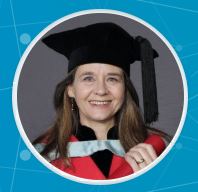 Scientist Manager at South Africa Government
|
Christa graduated from the Water Research Group in 2015. She has been working at the Department of Water Affairs (Resource Quality Services) since 1987, where she started as a Hydrologist, doing water quality and catchment management related work. Since then, she has specialised in riverine ecology focussing on aquatic invertebrates. Christa is currently involved in method development for the National River Ecostatus Monitoring Programme. The tools and techniques are also used in the determination of Environmental Water Requirements and the setting and monitoring of Resource Quality Objectives. Her Doctoral thesis was entitled The determination of flow an habitat requirements for selected riverine macroinvertebrates, which she performed from 2012 to 2015, under the supervision of Prof. Victor Wepener. |
Last updated: February 2025
Comments on the content and accessibility, please contact: Anja Erasmus




